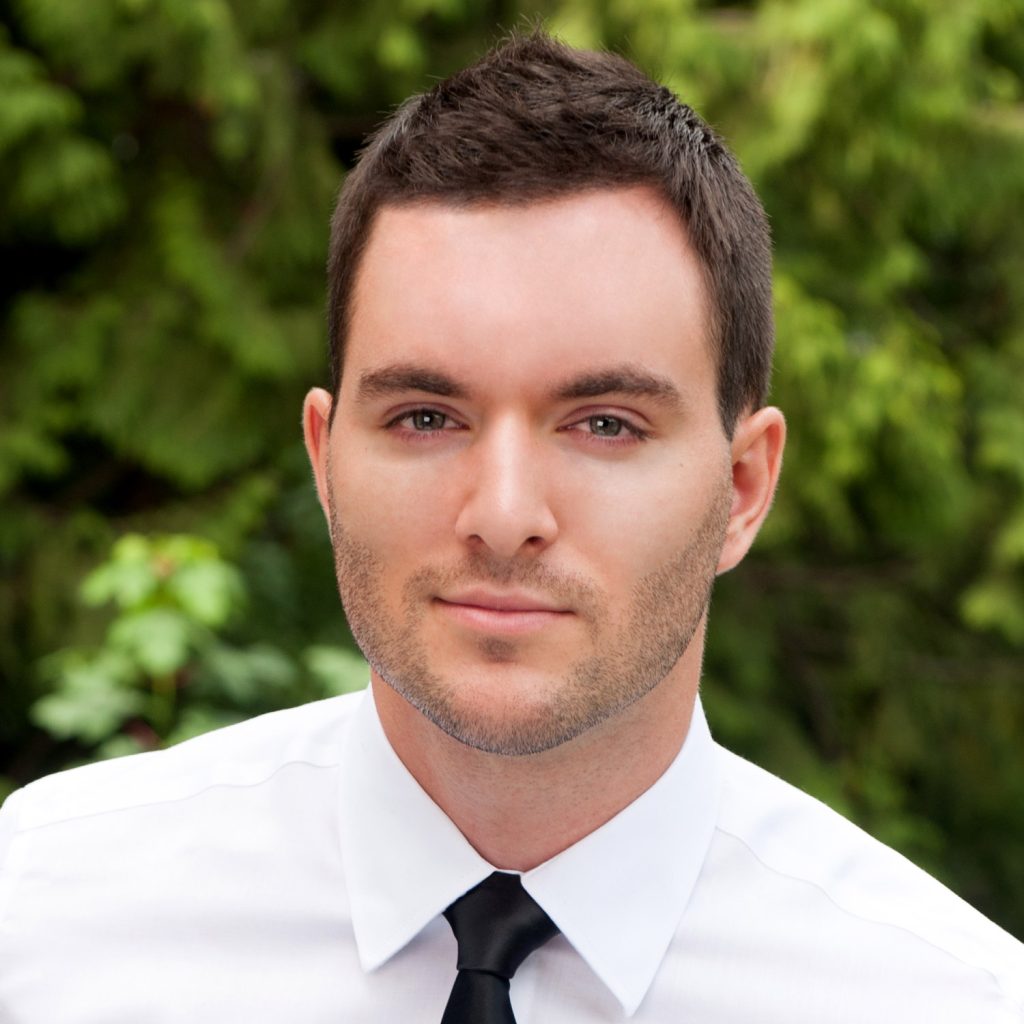
As of January 1, 2023, foreign commercial enterprises and people are prohibited from buying residential properties in Canada for two years. This new law, which was passed in the Canadian Parliament on June 23, 2022, is a proactive response against rapidly rising home prices.
“Through this legislation, we’re taking action to ensure that housing is owned by Canadians, for the benefit of everyone who lives in this country,” said Housing Minister Ahmed Hussein, in a press release on December 21, 2022.
Individuals who are not residents and found to be violating the ban, as well as any individuals who assist them in doing so, may be fined up to $10,000 and may be required to sell the property.
Despite the implementation of this law, the average home prices in Canada have already begun to decrease.
According to the Canadian Real Estate Association (CREA), home prices peaked at just above $800,000 CAD in February 2022, and have fallen by about 13% from that peak. The CREA’s price index is still 38% higher than it was at the end of 2019, before the pandemic, but the group has stated that the inventory of homes for sale has returned to pre-pandemic levels. The Bank of Canada has also been raising interest rates, which has led to higher mortgage rates in the country.
There are several exemptions from the ban, including:
- Canadian citizens and permanent residents.
- International students who meet specific criteria, such as spending the majority of the last five years in Canada, will be able to purchase property for a maximum of $500,000.
- Individuals who have worked and filed tax returns in Canada for at least three out of the four years prior to purchasing a property.
- Diplomats, consular staff, and members of international organizations working in Canada.
- Foreign nationals with temporary resident status, including refugees and individuals fleeing conflict.
- The ban on purchasing residential properties as investments does not apply to buildings with more than three dwelling units or recreational properties such as cottages, cabins, and vacation homes.
- Residential property that is not located within a census agglomeration or a census metropolitan area.
Even with the exemptions for people who intend to move to Canada, CREA has expressed concerns about the new law.
“Canada has built a reputation as a multicultural nation that welcomes people from around the world. As currently proposed, the prohibition on the purchase of residential property by non-Canadians can impact our reputation as a welcoming nation,” said CREA’s statement. “The potential benefits of the ban are likely to be modest.”
CREA is also worried that the ban could lead to retaliation by the United States and Mexico, resulting in a prohibition on purchases by Canadians in those countries, particularly retirees seeking winter homes away from the Canadian winter.
“Canadians purchase vacation and residential properties in many countries, but particularly in the United States,” said CREA in a statement.
According to CREA, Canadians make up the largest population of foreign property buyers in the United States, with the majority of properties purchased by Canadians being in the states of Florida and Arizona.
It is unclear what the effects of the ban will be, particularly in light of the ongoing impact of the Bank of Canada’s interest rate increases on the economy and on inflation, including food prices.
A survey conducted by RE/MAX Canada in the fall of 2022 found that about 41% of Canadians are currently delaying plans to buy or sell a home due to concerns about a potential recession in 2023.
In November 2022, RE/MAX forecasted that Canada’s housing market is expected to return to a state of “balance” in 2023, with most prices expected to increase in markets outside of the most expensive ones.
